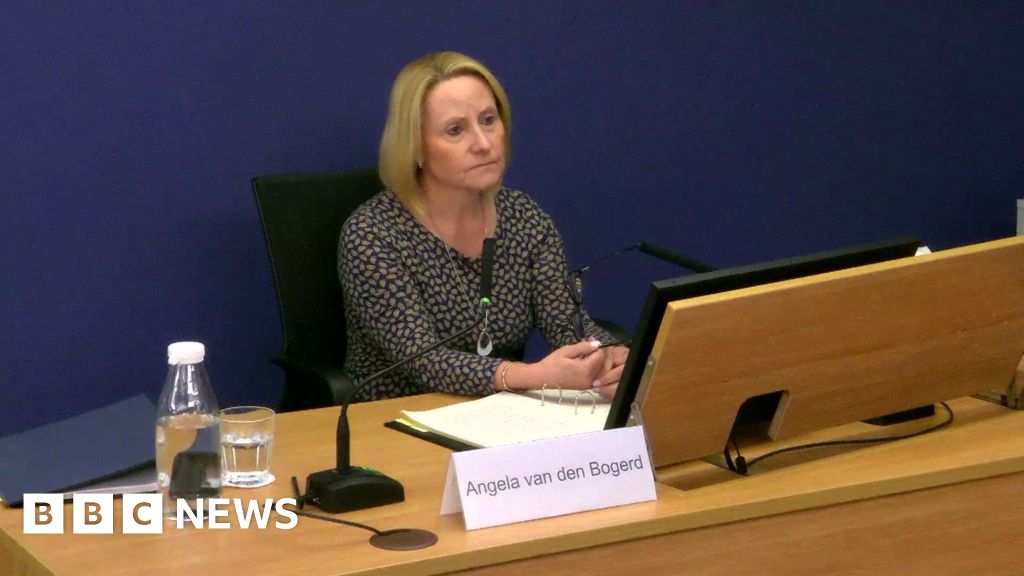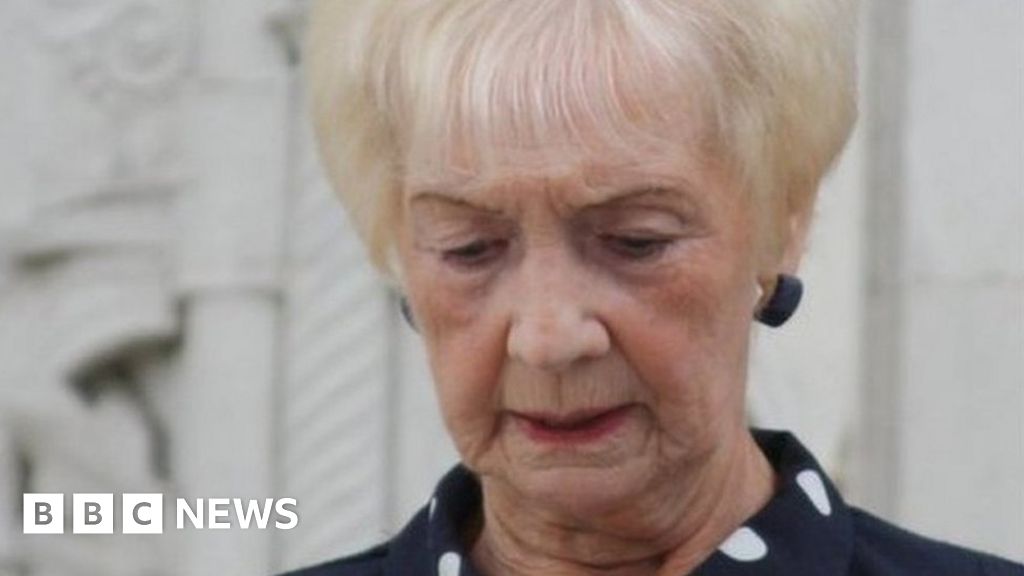Executives at the Post Office did not knowingly “cover up” information regarding the remote access of sub-postmasters’ Horizon IT system, according to former executive Angela van den Bogerd who appeared at the scandal inquiry. She admitted to not challenging the Post Office’s statements denying a back door into the system, despite receiving “a slew” of emails that referred to its possibility. However, she refuted that her actions were driven by a need to suppress information.
The wrongful prosecution of sub-postmasters by the Post Office that spanned from 1999 to 2015 had caused many to lose their jobs, businesses and homes. Some wrongfully convicted individuals even went to prison. The Post Office blamed the shortfalls in accounts on the sub-postmasters and asserted that the Horizon system couldn’t be accessed remotely by any party.
In the landmark Bates vs Post Office case, Ms van den Bogerd told the court in March 2019 that she only knew about remote access “in the last year or so.” However, Jason Beer, the lead counsel, disputed this claim. As part of the inquiry, a series of emails were shown that Ms van den Bogerd received from 2010 to 2014 about remote access to Horizon, but she didn’t remember receiving them.
Other executives, including Ms van den Bogerd, had been sent several emails that said it was possible to access the Horizon system remotely. However, Post Office communications professional Melanie Corfield sent an email in 2014 to several executives, including Ms van den Bogerd, stating that “this is not and has never been possible.” Although Ms van den Bogerd had challenged earlier emails stating the opposite, she claimed to have missed the email.
Ms van den Bogerd held various roles throughout her 35-year career at the Post Office, including positions such as head of network services, head of partnerships, director of support services, and director of people and change. Although she confirmed that Fujitsu had not been transparent, she denied covering up information or intentionally doing anything wrong
Read the full article from The BBC here: Read More











